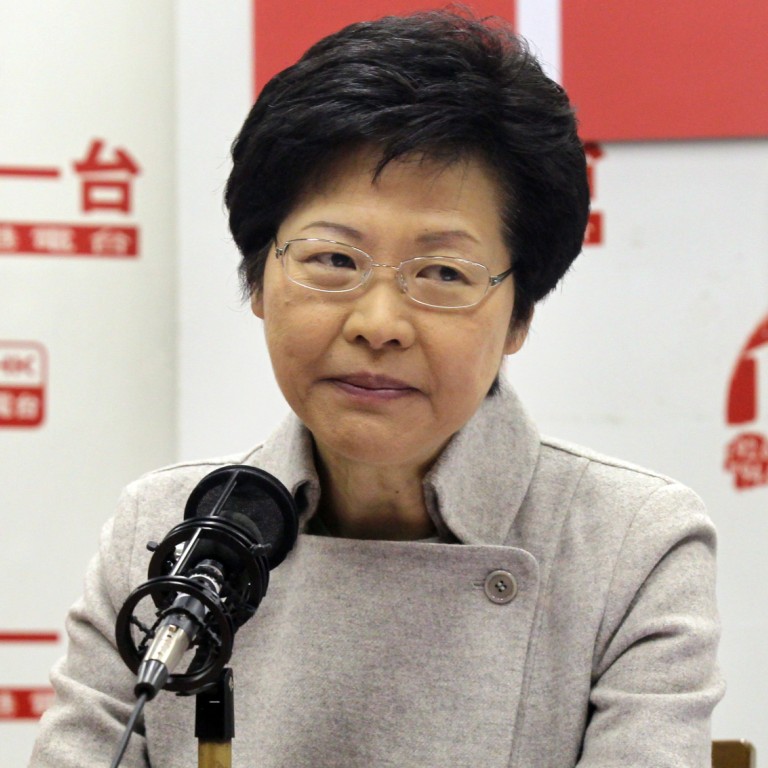
Hongkongers must find common ground in search for democracy
The long-awaited consultation on electoral reform has finally been launched by the government. While the 57-page document is short of specific proposals, it outlines key issues pivotal to the implementation of universal suffrage for the chief executive election in 2017 and the scope of the revamp for the legislature in 2016.
The long-awaited consultation on electoral reform has finally been launched by the government. While the 57-page document is short of specific proposals, it outlines key issues pivotal to the implementation of universal suffrage for the chief executive election in 2017 and the scope of the revamp for the legislature in 2016. The content is comprehensive and well thought out. It is in the community's interest to examine the issues thoroughly and come up with arrangements acceptable to Hongkongers and Beijing.
The government's pledge to adopt an open mind at this stage is to be welcomed. But, understandably, any proposals that do not conform to the legal framework laid down by the Basic Law and the National People's Congress Standing Committee do not stand a good chance of being approved. The task force headed by Carrie Lam Cheng Yuet-ngor has sensibly avoided shooting down popular but unconstitutional proposals at this stage. But, as the chief secretary said, the government has a duty to speak out when discussions deviate from that basic framework. What is or isn't acceptable has to be made clear.
Criticism that the consultation document is loaded with "leading" questions is not surprising. After all, the detailed proposals to be put forward at the second stage need to have a firm legal foothold. That explains why the concept of public nominations for the chief executive, an idea criticised for bypassing the nominating committee stipulated in the Basic Law, is only briefly mentioned in the document.
Like it or not, public nomination will continue to be a focus. But as Lam said, dwelling on proposals outside the framework would be a waste of time. Discussion of proposals that stand a good chance of being approved will be more fruitful.
Lam is right in saying that differences can be narrowed step by step and consensus forged bit by bit. But far from what she described as "entering into a straight road towards universal suffrage", the five-month consultation is just the beginning of a long-running battle. Unfortunately, the current antagonistic atmosphere does not help the way forward.
For universal suffrage to be implemented in 2017 and 2020, it is imperative for different parties to set aside their differences and find common ground to move ahead. Confrontation should be avoided; compromise is essential.
The public has waited far too long for democracy. We can ill-afford missing the opportunity to turn the goal into reality.

